Times change, and with them, so do habits, traditions, and values. Many things that were important to Baby Boomers are now seen as outdated, unnecessary, or even laughable by young kids today.
Let’s take a look in this article.
Keeping Fine China for “Special Occasions”
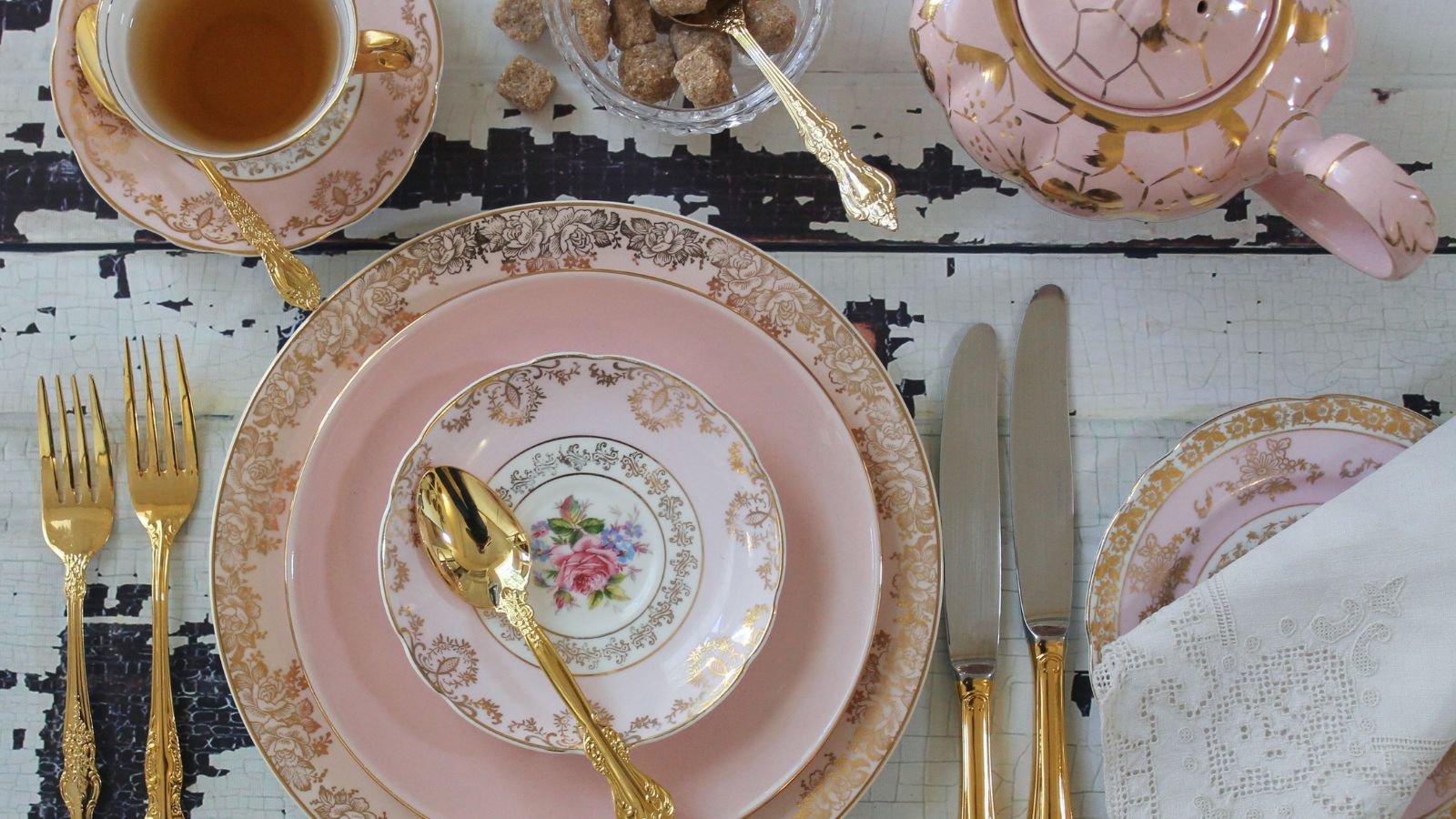
Boomers often treasured their fine china, pulling it out only for rare events like holiday dinners or visits from important guests. Young people see this as impractical, wondering why dishes are kept in cabinets for years, unused, and collecting dust.
Many prefer simple, durable tableware they can use every day rather than reserving a special set that rarely sees the light of day.
Ironing Everything
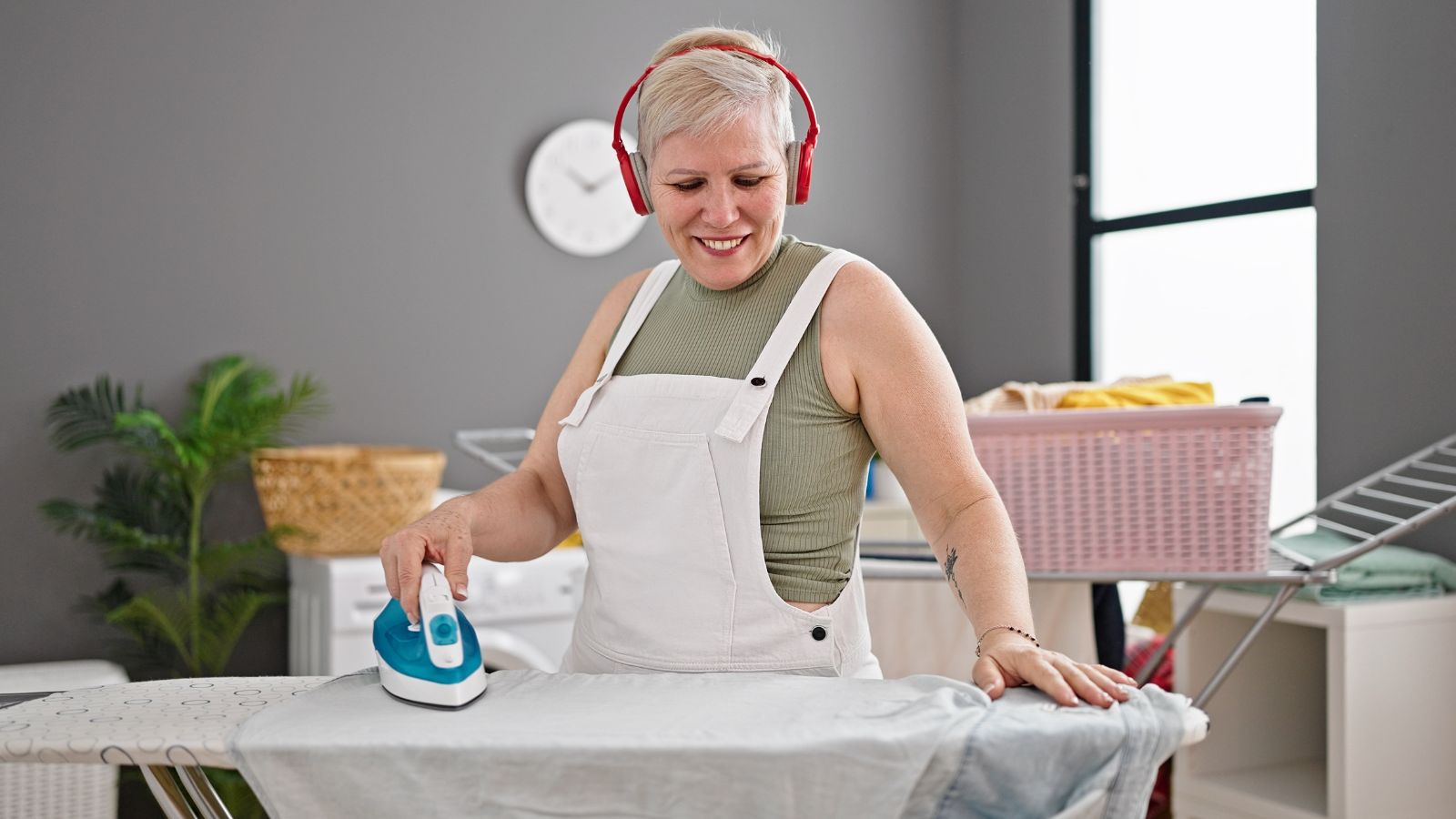
Ironing was a must for older people, with pressed shirts, crisp slacks, and even tablecloths being signs of good etiquette. Today, young people embrace wrinkle-resistant fabrics, steamers, or simply letting a few creases slide. Spending time ironing seems unnecessary when comfort and practicality take priority, making this tradition seem overly fussy.
Writing Checks

For boomers, writing checks was the standard way to pay bills or make purchases. Younger generations, however, view the process as slow and inconvenient in a world dominated by digital payments, apps, and tap-to-pay options.
Who has time to sit down to fill out a checkbook? People today feel that this is a relic of the past and they believe it to be completely outdated.
Hanging on to Paper Bills and Statements

Baby boomers often keep physical copies of bills, bank statements, and receipts neatly filed away for recordkeeping. In the digital age, where electronic records are more efficient and environmentally friendly, this habit is considered wasteful and unnecessary by the younger generation.
Mocking the stacks of paper, they often joke about boomers’ reluctance to embrace online banking and document storage.
Formal Dinner Parties

Hosting a formal dinner party, complete with place settings, centerpieces, and strict etiquette, was once a hallmark of social life for boomers. Today, people prefer casual get-togethers where everyone brings a dish or orders takeout.
Collecting Figurines or Knickknacks
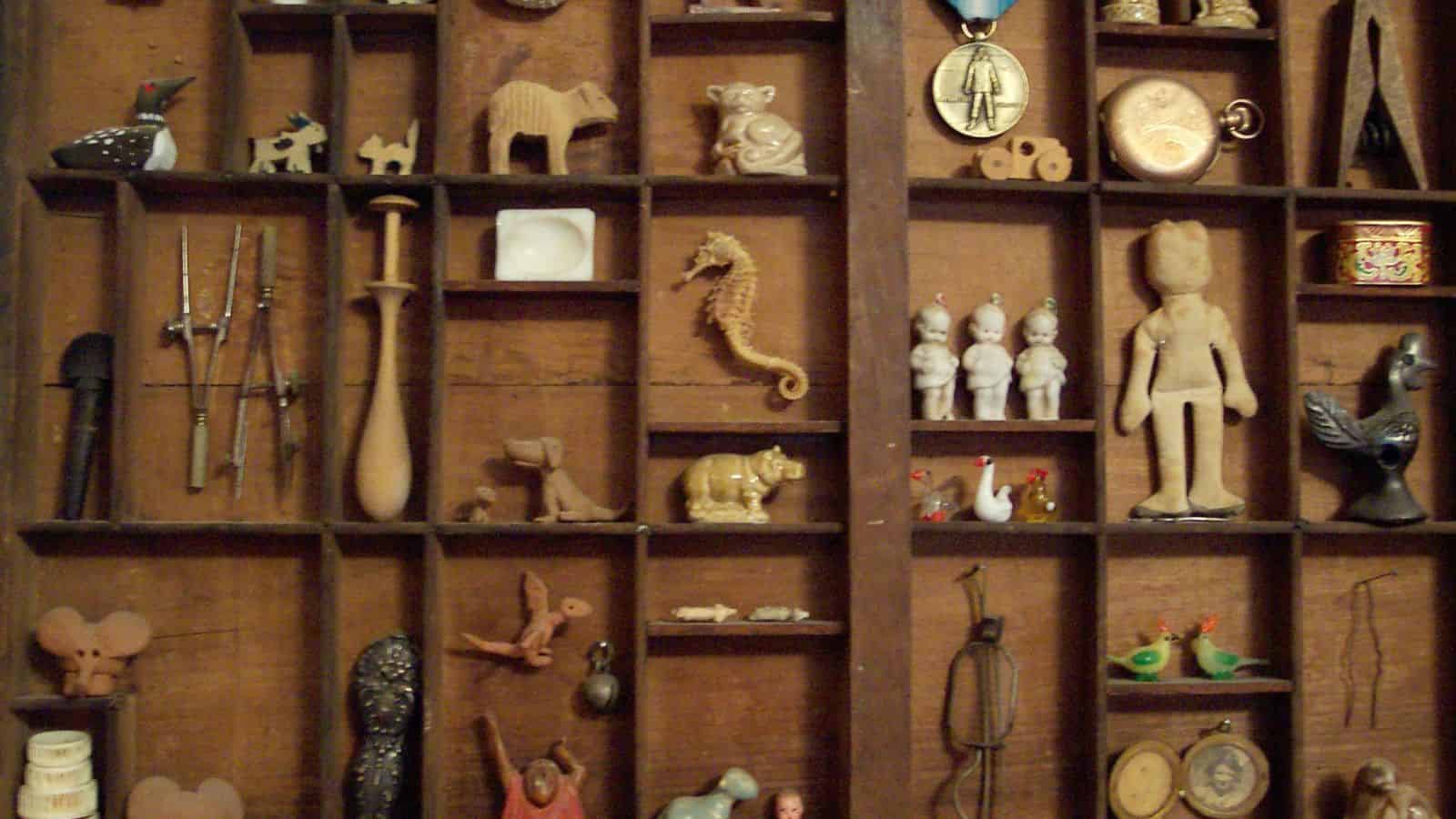
People born in the 50s and 60s often filled their shelves and display cabinets with figurines, porcelain dolls, or other decorative collectibles. Nowadays, people tend to view these collections as clutter, preferring minimalist décor and functional spaces.
This tradition of collecting is often teased as unnecessary and overly sentimental, especially when it takes up so much space.
Staying Loyal to One Employer

For boomers, staying with the same company for decades was a sign of stability and success. Not today however as job-hopping is now seen as a way to grow skills, boost pay, and avoid burnout. The idea of staying in one place, even when unhappy, feels outdated and limiting to many.
Using “Just Drop By” Social Visits

Boomers were completely comfortable with unannounced visits, where friends or neighbors would simply stop by for a chat or coffee. Nowadays, people tend to find this behavior invasive and value giving or receiving a heads-up first.
Millennials and Gen Z often joke about older people not understanding boundaries or the need to text/call before showing up.
Keeping an Encyclopaedia Set

In the Boomer era, having a set of encyclopedias at home was a status symbol and a go-to resource for knowledge. This is completely laughed at now, with the internet providing instant access to endless information. The thought of lugging around heavy books to look up facts feels like a huge waste of time and space.
Staying Silent About Money

Boomers were taught that discussing money was impolite or even taboo. Younger generations, however, see the value in talking openly about finances to learn, share tips, and fight inequality.
They often poke fun at Boomers’ discomfort with these conversations, especially when transparency could benefit everyone involved.
Using Landline Phones

Landlines were a staple for Boomers, with everyone memorizing phone numbers and staying tethered to the cord. People today who’ve grown up with smartphones find the idea of landlines inconvenient and outdated. Jokes about tangled cords and answering machines often highlight how unnecessary landlines seem today.
Sending Thank-You Notes by Mail

Handwritten thank-you notes were once considered a must for showing gratitude. While the sentiment is still appreciated, young people prefer faster methods like text messages or emails. The time and effort required to send a physical note feel excessive, leading to good-natured teasing of Boomers who insist on this tradition.
Strict Dress Codes

The older generation often followed strict dress codes, whether for work, church, or formal events. People these days prefer a more relaxed approach, embracing casual attire in most settings. The thought of wearing a suit to work every day or dressing up for a trip to the grocery store feels unnecessary and even a little absurd to them.
Clinging to Cable TV
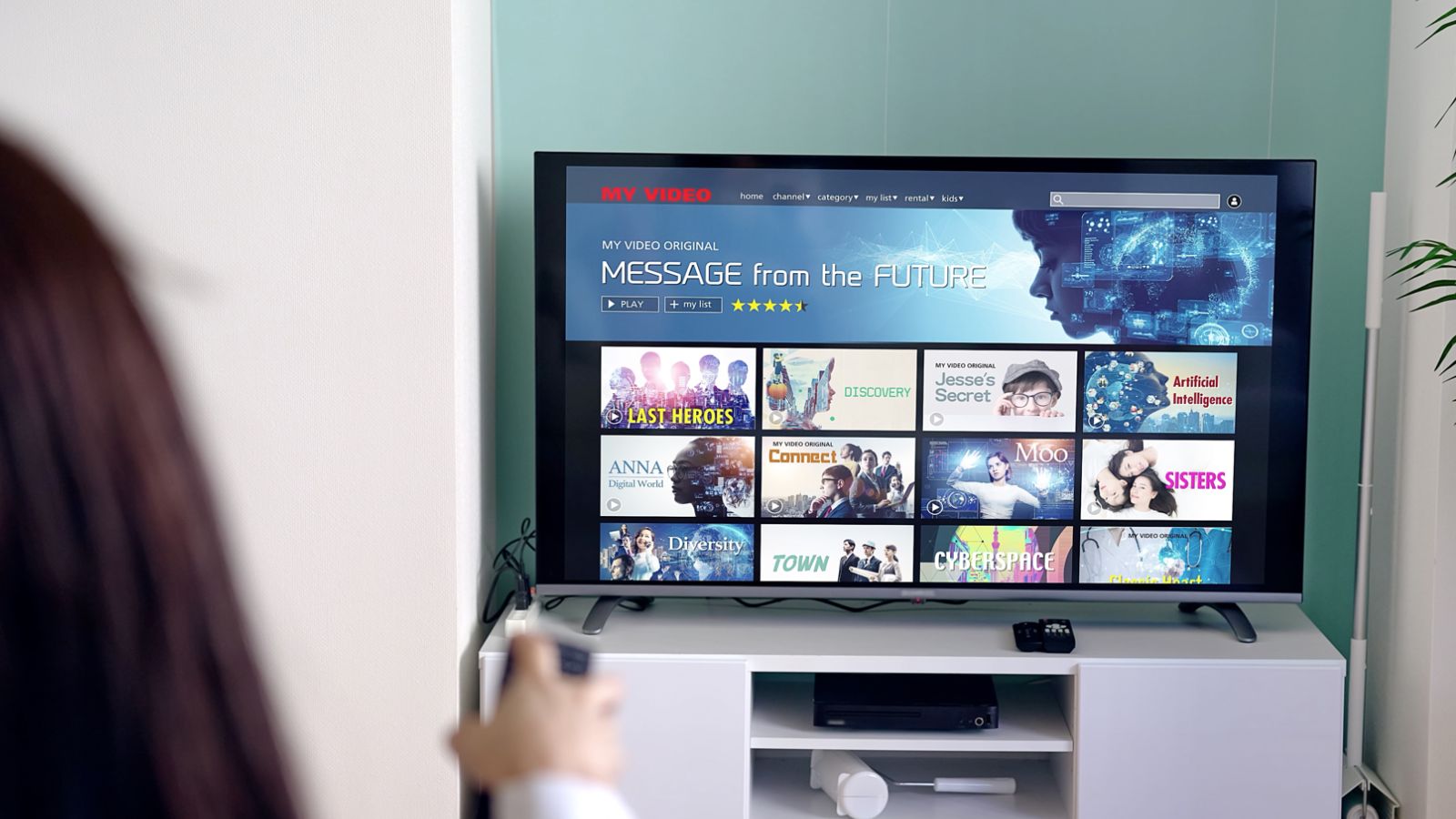
Cable TV was a cornerstone of Boomer entertainment, with channel surfing being a nightly ritual. Younger people mock this loyalty, especially with the rise of streaming services that are cheaper, more flexible, and ad-free. They believe that paying for dozens of channels you don’t watch seems impractical to many.
Saving Everything “Just in Case”
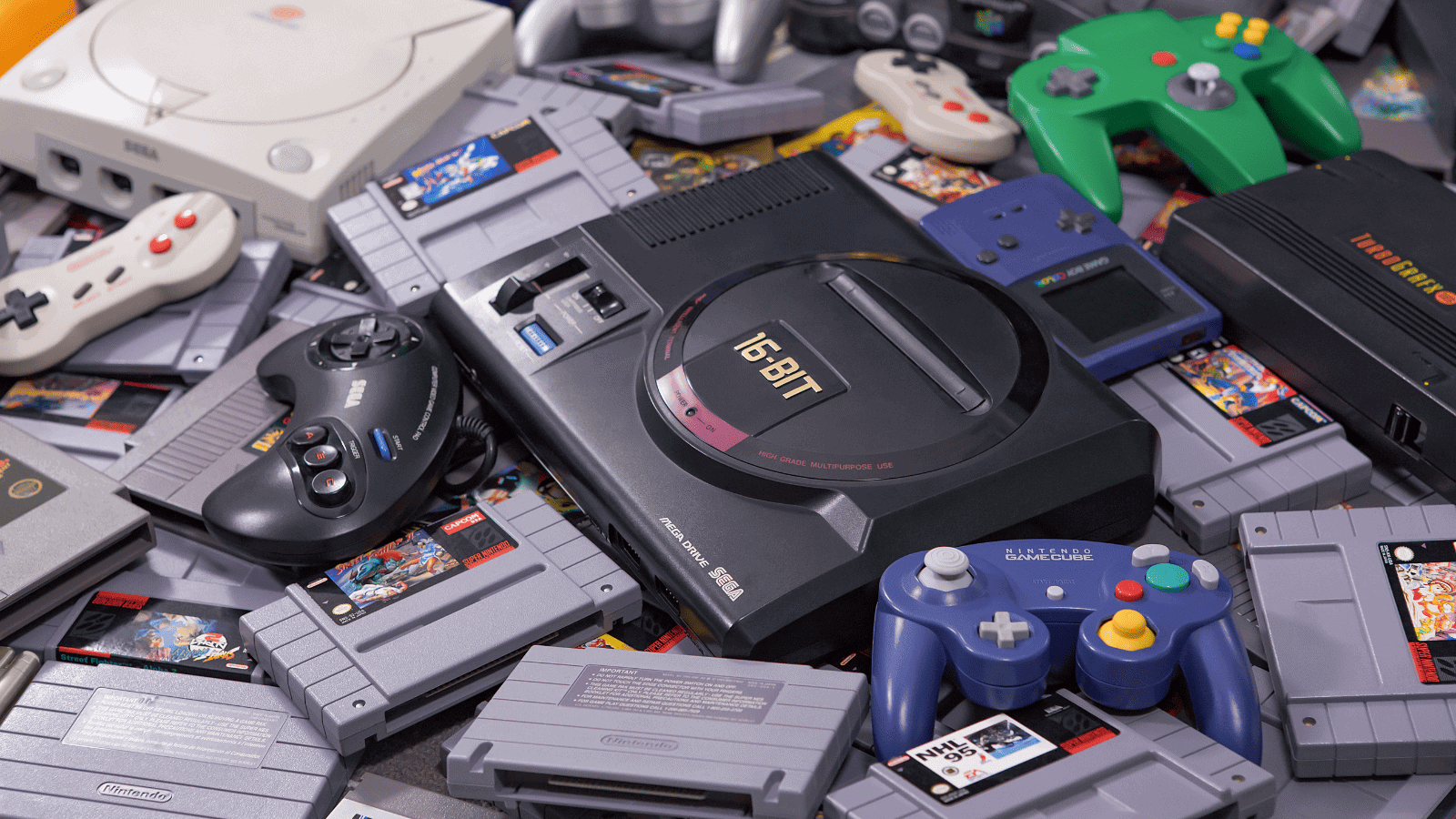
Boomers are often reluctant to part with old items, keeping things like broken appliances or outdated gadgets in case they “might need them someday.” The Gen Z generation, which embraces minimalism and decluttering trends, jokes about this tendency to hoard. The phrase “just in case” has become a punchline for how hard it can be to let go of the past.
